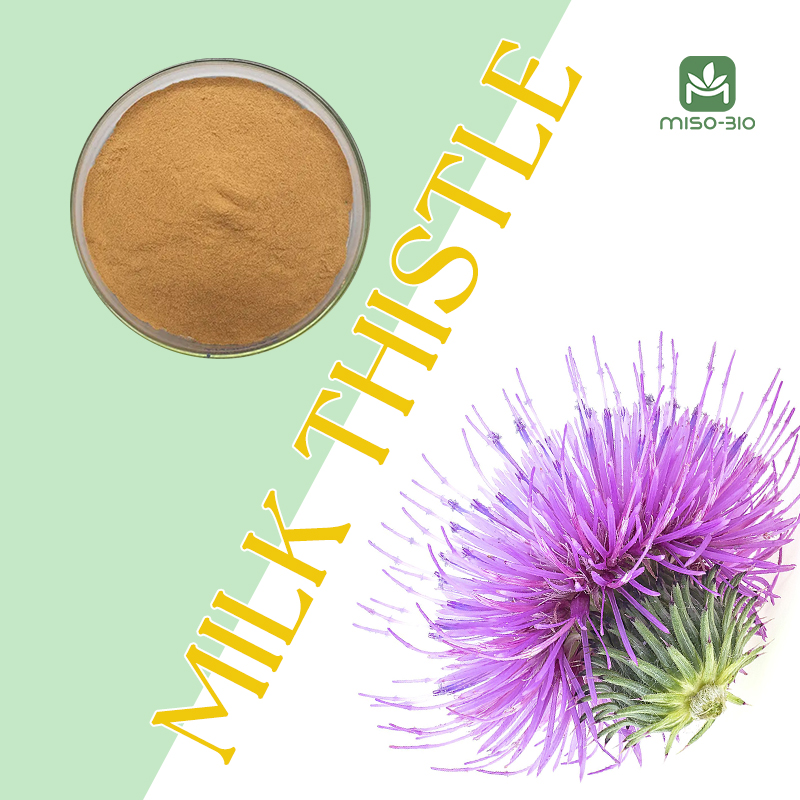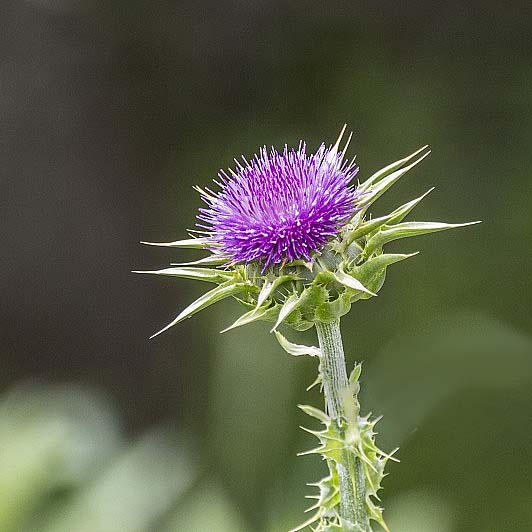
Are you always busing with business dinners? Do you have a weight problem? Do you often stay up late? Why do I ask you these problems? Because these questions have one thing in common: it may cause you liver problems!
You may not believe me because you don’t feel anything wrong with your liver. Ok, now let's check on it.
1 Do you feel your face is getting dark?
This might not be because you had solarise. The metabolism of iron actually plays an important role in the liver. Normally, the liver stores components of iron. If liver cells are damaged, the iron in the liver cells will flow into the blood vessels, increasing the iron content in the blood beyond our body's equilibrium value, and causing the face to darken.
2 Are your eyes around area getting dark?
Similar with “panda eyes" (dark circles under your eyes), some patients with liver disease have grayness around their eye circles which is due to high iron content. The skin around the eyes is relatively weak, so it is particularly noticeable.
3 Are your nails getting dark?
In healthy individuals with normal liver function, the blood supply within the body is sufficient, resulting in typically pink nails without spots. If black spots appear on the nails, it indicates that there is a problem with blood circulation, possibly due to problems with our liver leading to imbalanced body circulation.
4 Are your lips getting dark?
Our lips color should be a light pink with a certain sheen. However, once liver qi stagnation and blood stasis occur, the lips' color will turn into a cyanotic purple. Dark lips are a signal of liver stagnation and blood stasis.
If you have one of them, you may need more attention on your liver. When you have a health liver, then you just need a healthy lifestyle to keep it. Or you need a liver supplement to protect it.
Milk Thistle, a natural supplement widely touted for its liver-protective properties, has been a topic of hot debate. While some firmly believe in its liver-cleansing benefits, others view it with skepticism. Does it really work? Let’s delve into these perceptions, and uncover the reality backed by scientific perspective about Milk Thistle.
With roots tracing back to ancient Greece, milk thistle has long been recognized for its medicinal properties. This prickly plant, grown in Mediterranean countries, is revered for its active ingredient, silymarin, which is said to have liver-protective characteristics. Milk thistle is often consumed in the form of a powder, making it easy to sprinkle onto foods or mix into drinks.
How does milk thistle powder work on liver protection?
Milk Thistle Powder is rich in a substance called silymarin, a group of antioxidants that provide several benefits for the liver:
Top 1. Liver cell protection: Silymarin has antioxidant properties, which means it helps protect liver cells from damage by stopping the invasion of harmful substances and toxins. It also reduces the impact of free radicals, and unstable atoms that can harm cells, potentially preventing diseases.
Top 2. Liver regeneration: Silymarin can stimulate the regeneration of damaged liver cells by boosting protein synthesis. This promotes the growth of new liver cells to replace the damaged ones, thereby helping in the repair and rebuilding of the liver.
Top 3. Anti-inflammatory property: Silymarin also has anti-inflammatory properties, which can help reduce inflammation in the liver. This is particularly beneficial in conditions like liver cirrhosis where inflammation plays a key role in the progression of the disease.
Top 4. Reducing liver damage: Milk thistle powder is traditionally used as a detoxifying agent. It helps to cleanse the liver of harmful toxins, which can reduce the risk of liver diseases such as cirrhosis and hepatitis.
Top 5.Bolstering immune response: Studies show that milk thistle can modulate and regulate the immune system, enhancing the immune response. The silymarin in milk thistle has been shown to exhibit immunostimulant properties, which means it can stimulate the immune system to respond more effectively to pathogens and foreign invaders.

If you want to know how long you should take milk thistle powder, read Milk Thistle Benefits: What We Know And What We Don't?
Why people are skeptical about milk thistle ?
Despite its widespread use, milk thistle garners a mixed bag of opinions. Everybody is different, and what works for one person might not work for another, leading some to believe it doesn’t work based on personal experience or anecdotes.
Many doubt its effectiveness due to its natural origin, peppering their conversations with questions such as, "How can a natural supplement be as powerful as pharmaceutical drugs?” Others view the lack of regulatory oversight as a cause for concern, raising questions about its purity, safety, and efficacy.
Clinical researches on different liver diseases
The amount of research conducted on Silymarin is staggering, with over 4300 articles appearing when searching the term alone on NCBI. What's more, its popularity is on the rise, as evidenced by the 313 articles published just in the year 2022. However, when simultaneously searching "Silymarin" and "Liver", the amount of research astonishingly totals 2289 articles, comprising over half of all articles related to Silymarin. This clearly illustrates that there is a significant amount of research focused on the correlation between Silymarin and liver health.
Viral Hepatitis
In 2013, scientists including Wei conducted a meta-analysis that included 12 high-quality randomized control tests (totaling to 1096 hepatitis patients). They compared the treatment effects of Silymarin and antiviral drugs (like lamivudine and interferons) for chronic hepatitis. 1
According to statistics from various studies, both oral administration of Silymarin and antiviral drugs can significantly reduce the levels of serum glutamic-oxaloacetic transaminase (AST) and serum glutamic-pyruvic transaminase (ALT) in the blood. Moreover, they have been found to increase the seroclearance rate of hepatitis B surface antigen (HBsAg) and HBeAg.

Alcoholic fatty liver disease ALD
The liver has two major enemies: excessive alcohol and fat. But we only have one liver, and if it spends all its energy dealing with alcohol every day, it won't have time to break down fat. This is the origin of "alcoholic fatty liver disease."
After consuming a large amount of alcohol and then taking silymarin, the reduction of glutathione (GSH) can be prevented, the activity of superoxide dismutase (SOD) in liver cells can be enhanced, and lipid peroxidation and the increase of tumor necrosis factor (TNF-α) can be inhibited. 2 3
A clinical controlled trial lasting 4 weeks involving 97 people showed that taking 420mg of silymarin daily could improve liver function and lower ALT and AST levels. 4
In another 4-year clinical follow-up study involving 170 people (70% of whom had cirrhosis), the 4-year survival rate of patients in the silymarin treatment group was significantly higher than that of the control group (58% vs 39%). This result was even more evident in the group of patients with alcoholic cirrhosis. 5
Risk of overtaking silymarin powder
The clinical safety of silymarin is highly evidenced. Particularly in patients with impaired liver function or hepatitis, even a high daily oral intake of 600-1200mg shows minimal adverse reactions.
At higher daily intake levels of 1500mg and above, some individuals might experience nausea, indigestion or mild diarrhea. However, these are typical gastrointestinal reactions that disappear after discontinuing the medication. 6 7
The tolerance for even higher doses of silymarin is also exceptional. Clinical trial data from 2017 showed that daily usage of silymarin at 2100mg/day for as long as 48 weeks yielded favorable tolerance levels and only reported minor adverse events. 8
Based on the current data available, regular intake of silymarin even over many years seems safe. A clinical study as early as in 1989 demonstrated very low rates of adverse reactions among 170 individuals who took a daily intake of 420mg for a continuous period of 4 years. 9
However, a word of caution is warranted for those with allergies to compositae plants. Individuals should exercise extreme caution before taking this supplement as allergic reactions including anaphylactic shock may occur.
Conclusion
Milk Thistle, the main source of silymarin, is a widely used herbal remedy with a long history of therapeutic use. However, like any supplement, it should be used with caution especially for those who have known allergies. Consulting a healthcare provider before starting any new supplement is always the safest approach. Choosing reliable and trustworthy source like Hn MiSo Biosciences ensures you are consuming a product that is manufactured with high standards and quality.
References:
1.Wei F., Liu S.K., Liu X.Y., Li Z.J., Li B., Zhou Y.L., Zhang H.Y., Li Y.W. Meta-analysis: Silymarin and its combination therapy for the treatment of chronic hepatitis B.Eur. J. Clin. Microbiol. Infect. Dis.2013;32:657–669. doi:10.1007/s10096-012-1789-1.
2.Das, Subir Kumar; Mukherjee, Sukhes (2012).Biochemical and immunological basis of silymarin effect, a milk thistle ( Silybum marianum) against ethanol-induced oxidative damage. Toxicology Mechanisms and Methods, 22(5), 409–413.doi:10.3109/15376516.2012.673090
3.Song Z, Deaciuc I, Song M, Lee DY, Liu Y, Ji X, McClain C. Silymarin protects against acute ethanol-induced hepatotoxicity in mice. Alcohol Clin Exp Res. 2006 Mar;30(3):407-13. doi: 10.1111/j.1530-0277.2006.00063.x. PMID: 16499481; PMCID: PMC4217313.
4.Salmi HA, Sarna S. Effect of silymarin on chemical,functional, and morphological alterations of the liver. A double-blind controlled study. Scand J Gastroenterol. 1982;17(4):517–21.
5 Ferenci P, Dragosics B, Dittrich H, Frank H, Benda L,Lochs H, Meryn S, Base W, Schneider B. Randomized controlled trial of silymarin treatment in patients with cirrhosis of the liver. J Hepatol.1989;9(1):105–13.
6.PalascianoG,Portincasa P, Palmieri V et al. 1994. The effect of silymarin on plasma levels of malondialdehyde in patients receiving long-term treatment with psychotropic drugs[J]. Curr Ther Res 55: 537-545.
7.Leng-Peschlow E.1996. Properties and medical use of flavono-lignans(Sylimarin)from Sylibum marianum[J]. Phytother Res 10:S25-S26.
8.Wah Kheong C, Nik Mustapha NR, Mahadeva S. A randomized trial of silymarin for the treatment of nonalcoholic steatohepatitis. Clin Gastroenterol Hepatol. 2017;15(12):1940–9.
9.Ferenci P, Dragosics B, Dittrich H, Frank H, Benda L,Lochs H, Meryn S, Base W, Schneider B. Randomized controlled trial of silymarin treatment in patients with cirrhosis of the liver. J Hepatol.1989;9(1):105–13.